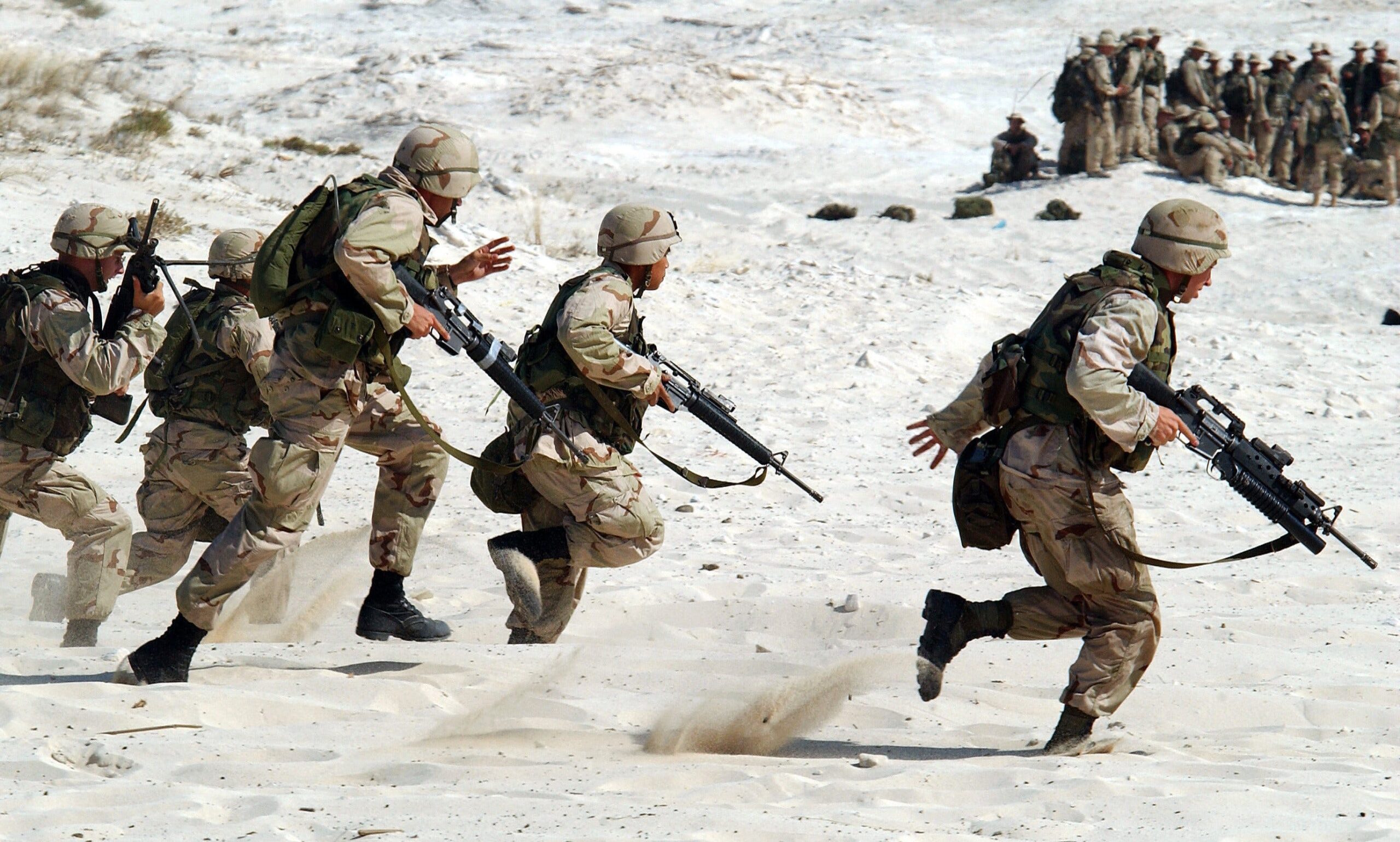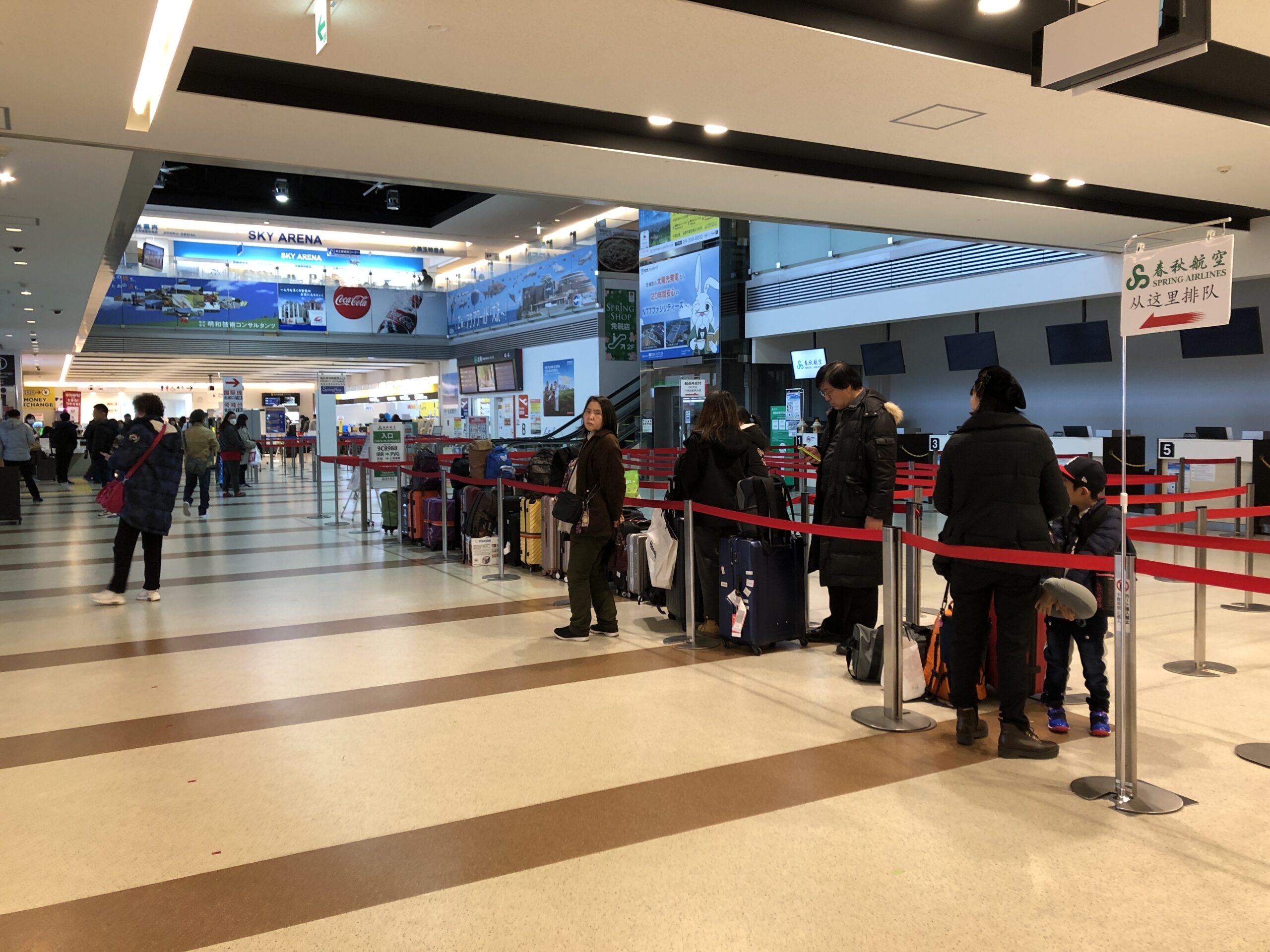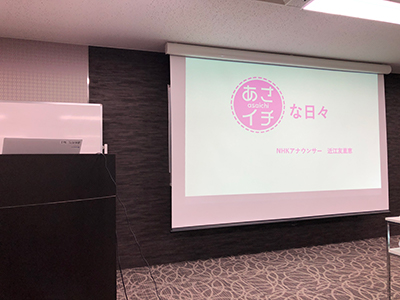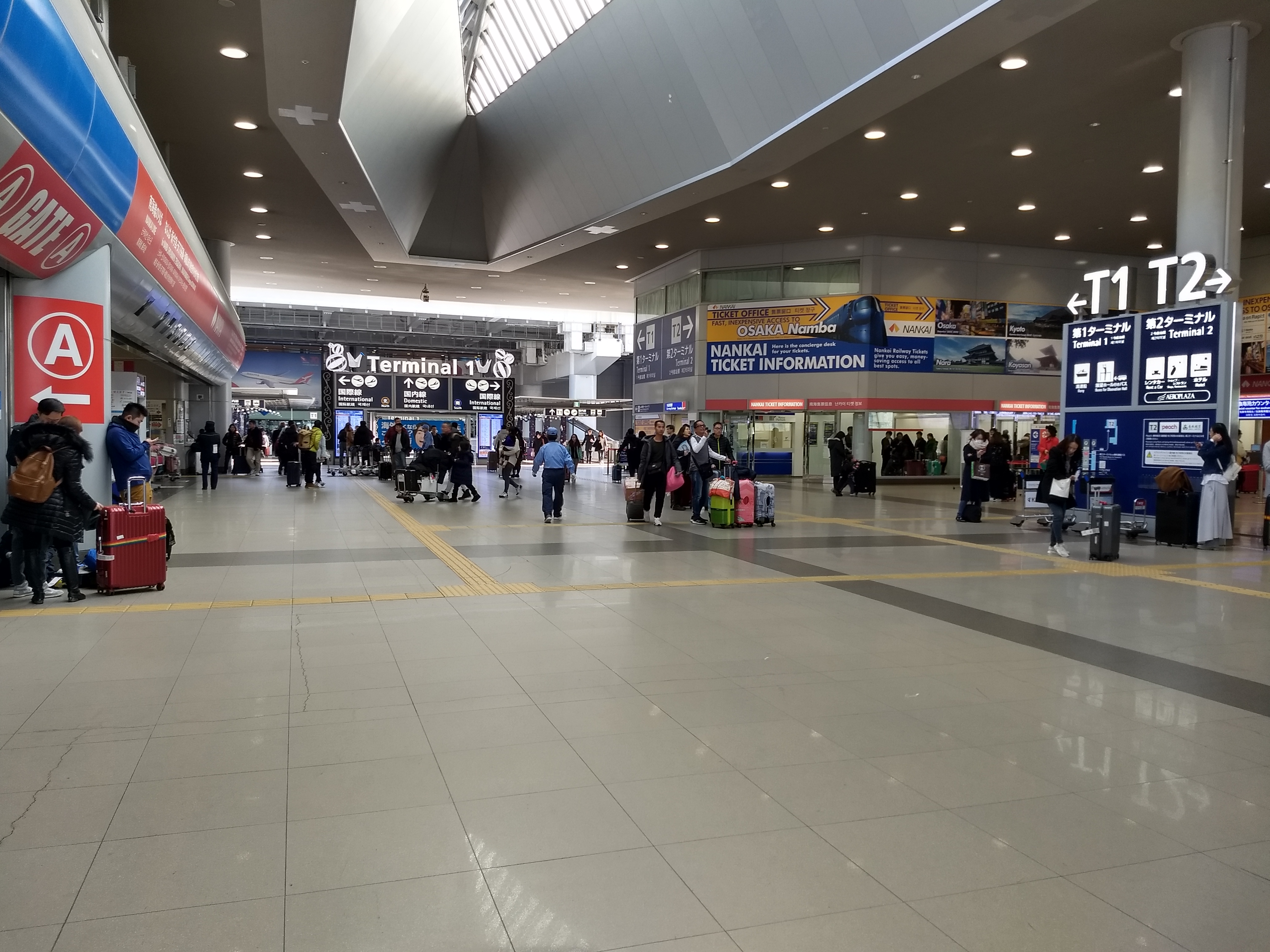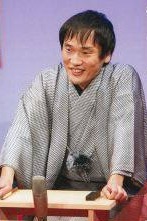日本文が後ろに続きます。
The second year of the Reiwa period began with a nightmare. More precisely, at the beginning of the year, nobody could predict what would be going on just two months later. I am talking about what the entire world is fighting against—COVID-19.
The coronavirus outbreak has been an urgent global issue. It was just the case of people in a limited area of a particular country, or poor, rich travelers within a trapped gorgeous cruise ship in February. Only a few weeks later, however, it became the case relevant in most parts of the world. Now the situation is changing day by day. For days, thousands of people around the world have been newly hospitalized due to this disease. More than 10,000 patients have died from it in China, Japan, Iran, Italy, Spain, Germany, France, the United States, and more.
The World Health Organization declared a pandemic. Lockdown is underway in many cities and even nationwide in some countries. Going out for non-essential reasons is banned or discouraged. People are forced to stay home and keep six feet away from others so as not to be six feet under.
The lockdown has had a massive impact on the world economy. The Dow Jones Industrial Average fell by around 1,000 points this month with circuit breakers taking effect many times. The share price of Boeing has become less than a third for weeks. This financial crisis is even worse than those in the great depression in 1929.
That is true with Japan. Here in Tokyo, the governor stated that lockdown in Tokyo is likely because patients tested positive are increasing every day by more than the number of cases a day before. She requested Tokyoites for being home this weekend except for essential business.
People in Japan look afraid of a state of emergency being declared and lockdown being issued. I hate to say that, but I’m sure that these will be near. I think lockdown orders will be released in weeks or even in days because we see other civilized countries being already like this.
Lockdown being inevitable, how should we do? Most people will be forced to stay away from their workplaces, such as offices, farms, fishing grounds, milk plants, and factories. Then it is likely to run short of various things needed for daily life. As a result, the production of foods and groceries will be severely restricted.
Once supply cease, panic buying is likely to take place. This action must be blamed as antisocial behavior since not all households have enough money or means to get what they need. It will be difficult to supply daily necessities if panic buying occurs, because the distribution system will be burdened more than usual, and the distribution of domestic inventory will be unfair. Participating in such panic buying is nothing but not only exposing your low awareness of social solidarity, that is, lack of knowledge that society will not be established if we do our own things, but also proving that you have neglected to be prepared and save in case of an emergency.
We have no choice but to secure the needed supplies for the time being before lockdown takes effect. It would help us a lot to find out what people in countries where lockdown is already in place are doing.
This experience gives us the following important suggestions and lessons: the fact that even the most rights-sensitive liberal nations can easily and quickly control individual’s rights and freedom before the impending crisis. It means that, once an emergency happens, the rights of individuals are insignificant and vulnerable.
What is happening in front of us now seems like a dry run exercise for the third world war. I think it is likely to occur in the coming decades because it is a very similar situation where a big earthquake occurred in 1923, the world financial crisis in 1929, and WWII 12 years later. Likewise, the big earthquake and tsunami happened in 2011, and the economic crisis derived from the coronavirus epidemic eight years later. Now the world is divided. Each country is isolated and closing its borders. How many years is left for us to see those countries to collide?
The time is right to be prepared for in the future. Divide your assets into some pieces and save them in different countries. If possible, have multiple places to live and jobs in two or more countries. Having as many life options as possible will save you in this volatile future with many uncertainties.
令和二年は悪夢で始まったようです。正確に言うと年のはじめには、2ヶ月後にこうなってるなどと誰も予測し得なかったのです。言うまでもなく、いま世界全体が戦っているもの、つまりコロナウイルスの話です。
2月の時点では、特定の国の限られた地域だけの話、あるいはとどめ置かれた豪華客船の中の、気の毒な富裕層の旅行者に限られた話だったのですが、数週間すると、世界のほとんどの場所で関係する話になってしまいました。今や事態は日に日に変わっていきます。ここ数日で、世界中で何千人もの人がこの病気であらたに入院しています。そして中国、日本、イラン、イタリア、スペイン、ドイツ、フランス、アメリカ、その他で、一万人以上の患者が亡くなりました。
WHOはパンデミックを宣言しました。ロックダウンが多くの都市で、ある国では国全体で進行中です。不要不急の外出は禁止されたり、推奨されなくなったりしています。人々は死なないために、家にとどまって、他人と2メートル離れることを強いられています。
このロックダウンで世界経済に大きな打撃を与えています。ダウ平均株価は今月だけで何度もサーキットブレーカーが発動し、1000ポイント以上下落しました。ボーイングの株価はここ数週間で3分の1になりました。この経済危機は1929年の世界恐慌より悪くなっています。
この状況は日本にもあてはまっています。ここ東京では、陽性患者が毎日、前日より多く発生している中、ロックダウンの可能性もあると都知事が発言しました。今週末は不要不急の外出を控えるようによびかけています。
日本人は、緊急事態宣言やロックダウンの発令を恐れているようにみえますが、言いたくないですが私は、ロックダウンの命令はここ数週間以内、あるいは数日以内に発令されるとみています。他の文明国がすでにそうなっているからです。
ロックダウンが避けられないとすれば、どうすればいいのか。ほとんどの人が職場に行けなくなる、ということは、田畑、漁場、搾乳場、工場などに行けなくなるということなので、食糧生産や日用品生産が厳しく制限されるということになります。
ひとたび供給がやめば、パニック買いが起こりやすくなります。すべての家庭が必要なものを得るだけの資金や手段があるわけではないので、この買いあさりの行動は反社会的なものとして非難しなければなりません。パニック買いが起これば、流通機構に平常以上の負担がかかるので、国内の在庫品の流通が不公平になります。このようなパニック買いに加わることは、社会連帯意識の欠如、つまり自分勝手なことをしたのでは社会が成り立たないという意識が欠けていることを暴露するだけでなく、自分が有事の際の備え、貯えを怠っていたことを証明するにほかなりません。
われわれとしては、さしあたり必要な物資を、ロックダウンが発令されるまでに確保するほかありません。すでにロックダウンが実施中の国の人が何をしているのかを知ることが助けになるでしょう。
この経験は、次の重要な示唆と教訓を与えています。つまり、最も権利意識に敏感な自由主義諸国でさえ、さしせまった危機の前では、個人の権利や自由をいとも簡単に、そして迅速にコントロールすることができる、という事実です。それはとりもなおさず、ひとたび緊急事態が発生すれば、個人の権利などとるにたりない脆弱なものということです。
今わたしたちの目の前で起こっていることは、第三次世界大戦の予行演習のようにも思えます。第三次世界大戦は今後数十年のうちに起こるのではないかと思います。1923年の大震災、1929年の世界恐慌、そして12年後に起きた第二次世界大戦のときと状況が似ているからです。同じように、2011に東日本大震災が起こり、今回のコロナウイルスに起因する世界恐慌が8年後に起こりました。今や世界は分断されています。それぞれの国は孤立し、国境を閉ざしています。これらの国が衝突するまであと何年残されているでしょうか。
将来に向けて準備をすべき時だと思います。資産を分割し、別々の国に置いておきましょう。できるなら、複数の生活場所を確保し複数の国で仕事を持つのがよいでしょう。人生の選択肢をできるだけ多く持つことが、今後の不安定で不確定要素の多い将来においては救われるのではないかと思います。
